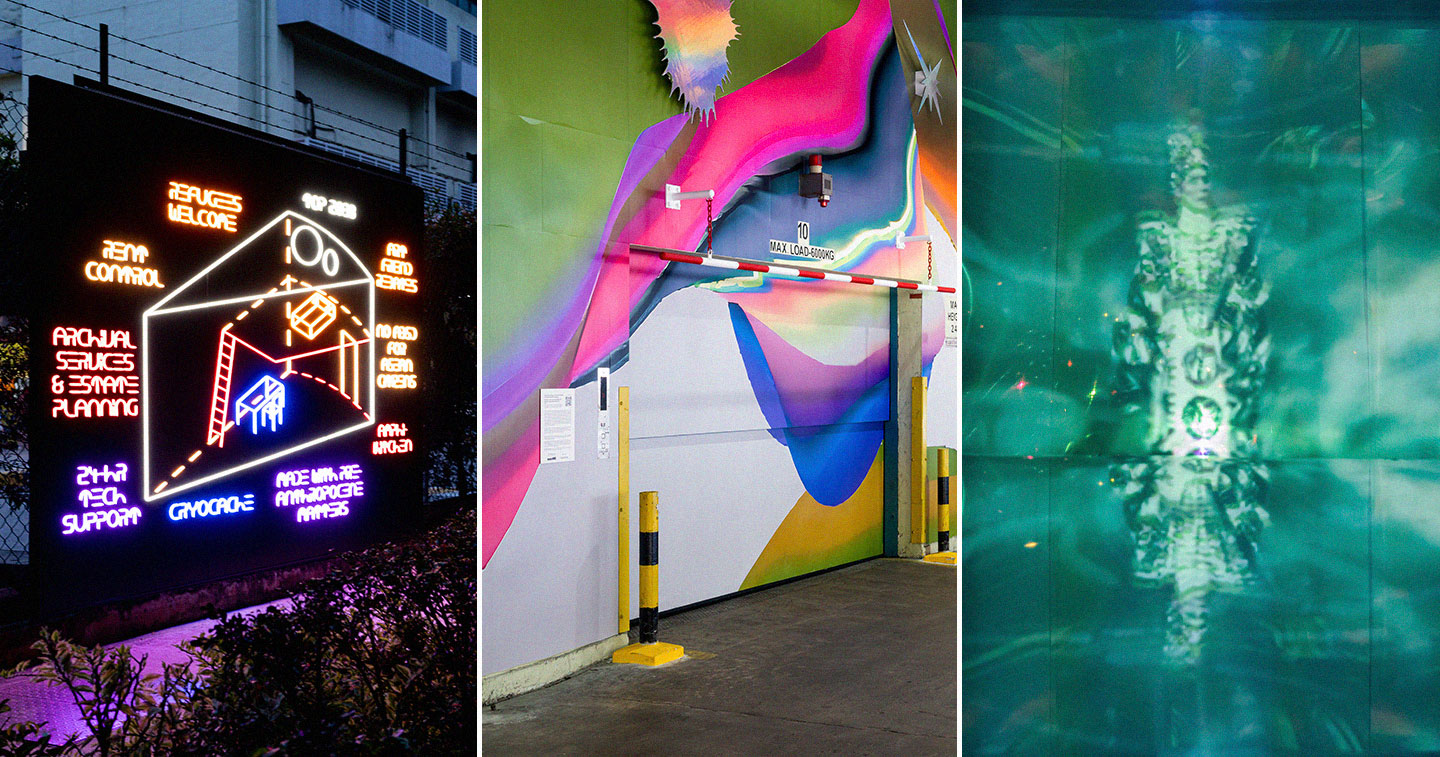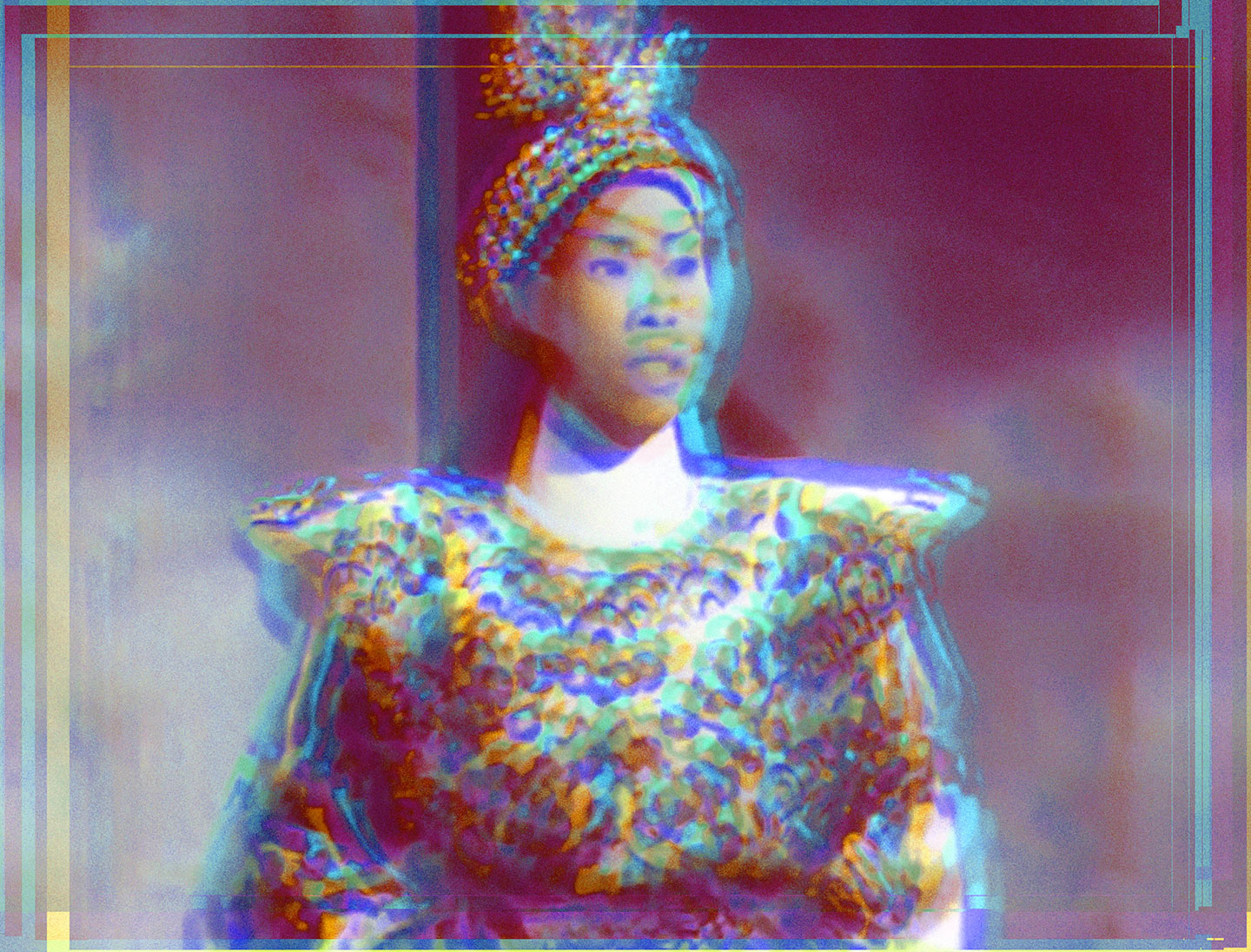SINGAPORE — Singapore Art Museum (SAM) has officially launched The Everyday Museum, the museum’s long-term public art initiative presenting art projects and programs across Singapore to inspire interest and curiosity in art. In line with its vision of being a “disappearing museum,” SAM will bring artistic interventions into everyday spaces, transforming them into cultural nodes with site-specific artworks by local and international artists.

Beginning in the Tanjong Pagar district, The Everyday Museum will support artistic development and production, while providing varied programming for the public to deepen their engagement with art.
“As a contemporary art institution with an intrinsic role in the local and Southeast Asian art scene, SAM has been bringing art into everyday spaces across Singapore as part of our new direction,” said Eugene Tan, director of SAM. “The Everyday Museum embodies SAM’s vision of turning every space into a cultural space, where art encounters in seemingly familiar spaces activate curiosity and imagination, as well as catalyze social interactions and conversations among communities. Our ambition is to have art woven into the fabric of daily life by engaging the public where they reside, through site-specific works and programs that offer new perspectives on places, people, and society.”
Art as a way of life with The Everyday Museum
Following the announcement of its new strategic direction in 2021, SAM has been presenting art in unexpected spaces around Singapore while actively collaborating with partners and communities to infuse art into the everyday. These include artworks on the SAM hoardings, roving exhibitions in public libraries, art presentations across other spaces such as Science Centre Singapore, as well as SAM’s new space at Tanjong Pagar Distripark. With The Everyday Museum, SAM will continue bringing art into shared spaces throughout Singapore and become a key driver of public art; reaffirming the museum’s commitment to demonstrating the vital role of art in society.
The commissions and art programming for The Everyday Museum will be made for and alongside communities, with a focus on making art accessible to everyone. Beyond bringing vibrancy and creativity into everyday life, the initiative will allow audiences across Singapore to form new experiences of places, and reconsider spatial and environmental constructions, while facilitating conversations and the spirit of collectiveness. It will also provide local and international artists with a platform to create works in the public sphere, experiment with new mediums at a different scale, and forge interdisciplinary collaborations that connect different sectors and interest groups.
Ong Puay Khim, deputy director of collections and public art at SAM, added, “The Everyday Museum will be an opportunity for SAM to expand the possibilities of public art. By working with artists to reimagine lived experiences, we hope to build communities and inspire new ways of engaging with our lives and society through art. With the aim of creating cultural spaces for and with the community, an array of site- and context-responsive programming will invite perspectives from our public in various stages of the creation process. This content will be offered in a variety of formats, from art trails and discursive programs to live events and interactive online resources.”
Starting with the Tanjong Pagar district, where two commissions were rolled out earlier this year, The Everyday Museum will be launching a series of site-specific public artworks that will radiate outwards to lived and communal spaces in various districts. In the next few years, members of the public can look forward to experiencing commissioned artworks in spaces such as neighborhoods, public parks, and spaces of work and leisure.
Ming Wong’s Wayang Spaceship lands at Tanjong Pagar Distripark
Wayang Spaceship by Singaporean artist Ming Wong, commissioned by The Everyday Museum with the generous support of Sun Venture, is a site-specific work presented as a reimagining of a mobile Chinese opera wayang stage. Exploring convergences between Chinese opera and science fiction, this mixed media project emerges from Wong’s enduring interest and connection with performative genres and is the artist’s most extensive manifestation of the project to date.
The installation contemplates the history and evolving form of Chinese opera through the years, exploring the human condition with the cosmos through the figure of the scholar-warrior, a time-traveling consciousness who traverses memories of the past, present, and future.
Understood to be an avatar of Wong, the scholar-warrior is present within the futuristic installation as a consciousness that moves through and within time in endless spirals, wielding both brush and sword in a quest to discover how information technology drives historical conceptions and the future of Asia.
Situated prominently with the Singapore seaport as its backdrop, Wayang Spaceship seeks to reflect upon the intersections between the island’s cultural forms borne from migration and contemporary technology. Based on the inquiry, “Does technology drive history?”, the work inspires audiences to consider Singapore’s connections with oceanic narratives in a moment when the category of ‘contemporary culture’ shifts rapidly through a combination of received knowledge and technological advances.
By day, the work seemingly remains dormant and mirrors the seaport and the movements of the post-industrial surroundings at Tanjong Pagar Distripark. At dusk, around 7:00 pm each day, the spaceship is activated through an array of light, sound and moving images, evoking the colors of Chinese opera scenes and costumes from a distant space and time, conveyed through the figure of the scholar-warrior.
To create the Wayang Spaceship, the artist worked with a close-knit network of collaborators including master stage-builder Lee Beng Seng, architect Randy Chan with ZARCH Collaboratives, and artist Liam Morgan, incorporating a combination of materials such as timber poles and planks from maritime Southeast Asia, mirror-reflective surfaces developed using dichroic films and polythene sheeting commonly used in the agricultural industry. The Wayang Spaceship will evolve over a period featuring a range of performances and programs. The project will also be archived on a dedicated website featuring the artist’s writings alongside curatorial and art historical texts.
Two other public artworks had been commissioned by The Everyday Museum with the support of Mapletree and are sited in the public areas of Tanjong Pagar Distripark, where SAM’s new space opened in January 2022. They are The Oort Cloud and the Blue Mountain: Edition Tanjong Pagar Distripark (2022) by Hazel Lim-Schlegel and Andreas Schlegel, in collaboration with neuewave, and Creatif Compleks (2018/2022) by Michael Lee. With the launch of The Everyday Museum, these two artworks will join Wayang Spaceship as part of the first series of public artworks within the district.
Upcoming art trails and commissions to activate more public spaces
With the aim of transforming Singapore into an open-air museum, where art is an integral part of the urban landscape and its social fabric, The Everyday Museum will develop an annual line-up of art commissions and programs. This will lead up to the launch of a quadrennial International Public Art Festival, which will feature a constellation of themed programs, including large-scale projects and artistic interventions in public spaces, activation of sites and communities through a series of live events and participatory activities.
In the months ahead, members of the public can look forward to two public art trails in the Tanjong Pagar district and along the Rail Corridor. More details will be revealed in due course.
More information can be found at https://bit.ly/SAM-TheEverydayMuseum. Admission is free for all artworks under The Everyday Museum.













